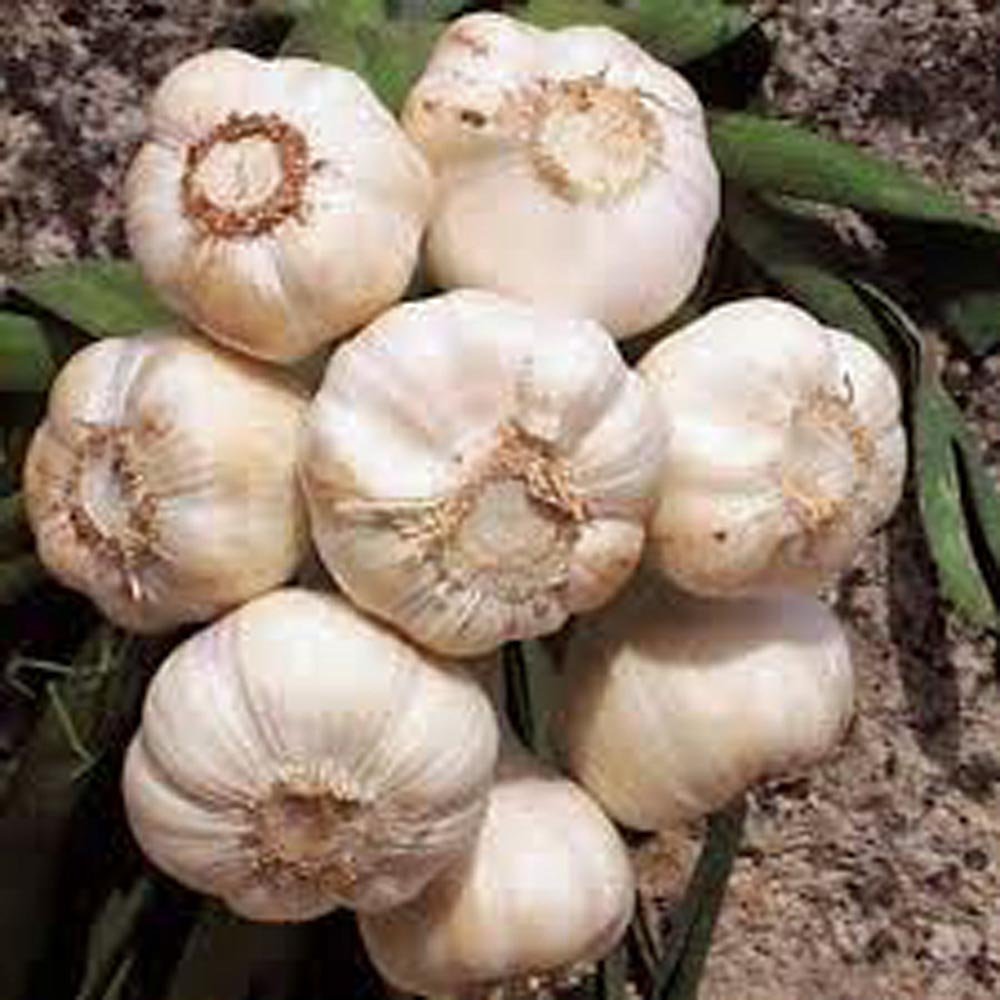Garlic

Proven Health Benefits of Garlic
- Prevents cardiovascular diseases
- Effective blood thinner
- Reduces high blood cholesterol and prevents atherosclerosis
- Helps treat tuberculosis
- Prevents stomach and colorectal cancers
- Reduces stress
- Kills fungi and parasitic worms
What is Garlic?
Garlic is a perennial bulb, in the family of onions and shallot. Allium sativum, as it is scientifically known, has been a major player in recipes and herbal medicine preparations since ancient times. So old, it has loud mentions in Zoroastrian sacred texts of 5th Century BC, and The Canon of Medicine by Avicenna in 1st Century AD. The garlic bulb is made up of about 10 – 20 cloves, each distinctly wrapped by a thin paper-like sheet, before being wrapped together. The plant stands up to about 3 feet tall, with slender green leaves. Garlic is deservedly famed because of its unique flavor as a spice, and its host of health benefits that have been known since so long ago. The bulb is normally used as a fresh spice, but may be pickled or powdered. Essential oils of garlic are also readily extracted for use.
What is the Usefulness of Garlic?
Garlic works miracles with the circulatory system, as many studies show. One involving hypercholesterolemic adults, who were given raw garlic or extracts showed significant reduction in blood cholesterol and LDL levels.1 It is observed that inflammation precursor or mediator compounds such as reactive oxygen species and tumor necrosis factor alpha are greatly inhibited by alliin and allicin, two active compounds in garlic. Studies on diabetic mice show that after 14 days of garlic administration, there was significant reduction in serum glucose, triglycerides, urea and uric acid. Garlic, according to studies, has the ability to stimulate immune effector cells and prevent cancers that occur within the alimentary canal.2 Sulphur compounds in garlic have been seen to be fight against viruses like herpes simplex, stomatitis and influenza B viruses.
Health benefits:
- Treats skin diseases
- Lowers blood LDL and cholesterol
- Treats Reduces hypertension
- Tuberculosis
- Prevents cancers of the gut
- Blood thinner
- Acts as an Antioxidant
- Treats Diabetes
Nutrition:
Garlic is built nutritionally as follows:- Water – 65%
- Carbohydrates – 28%
- Fiber – 1.5%
- Proteins – 2%
- Free amino acids – 1.2%
- Lipids – 0.15%
- Organosulfur compounds – 2.3%
Toxicity:
Garlic, when applied to sensitive skin may result in lesions, redness and itching (garlic burns), although very few among the population may experience this. Over-consumption of garlic may also cause bad breath while others may nauseate or vomit. Garlic can interfere with some drugs, especially anticoagulants, and sometimes anti-retroviral drugs. Garlic, generally is a safe food, but sometimes people who have seen its magic tend to go overboard with its consumption. That is firmly cautioned, not only with garlic, but all other beneficial foods.